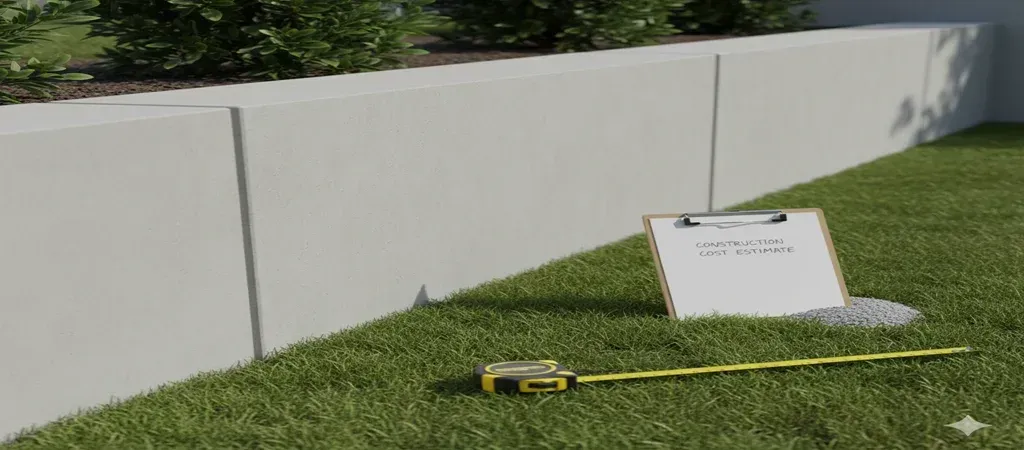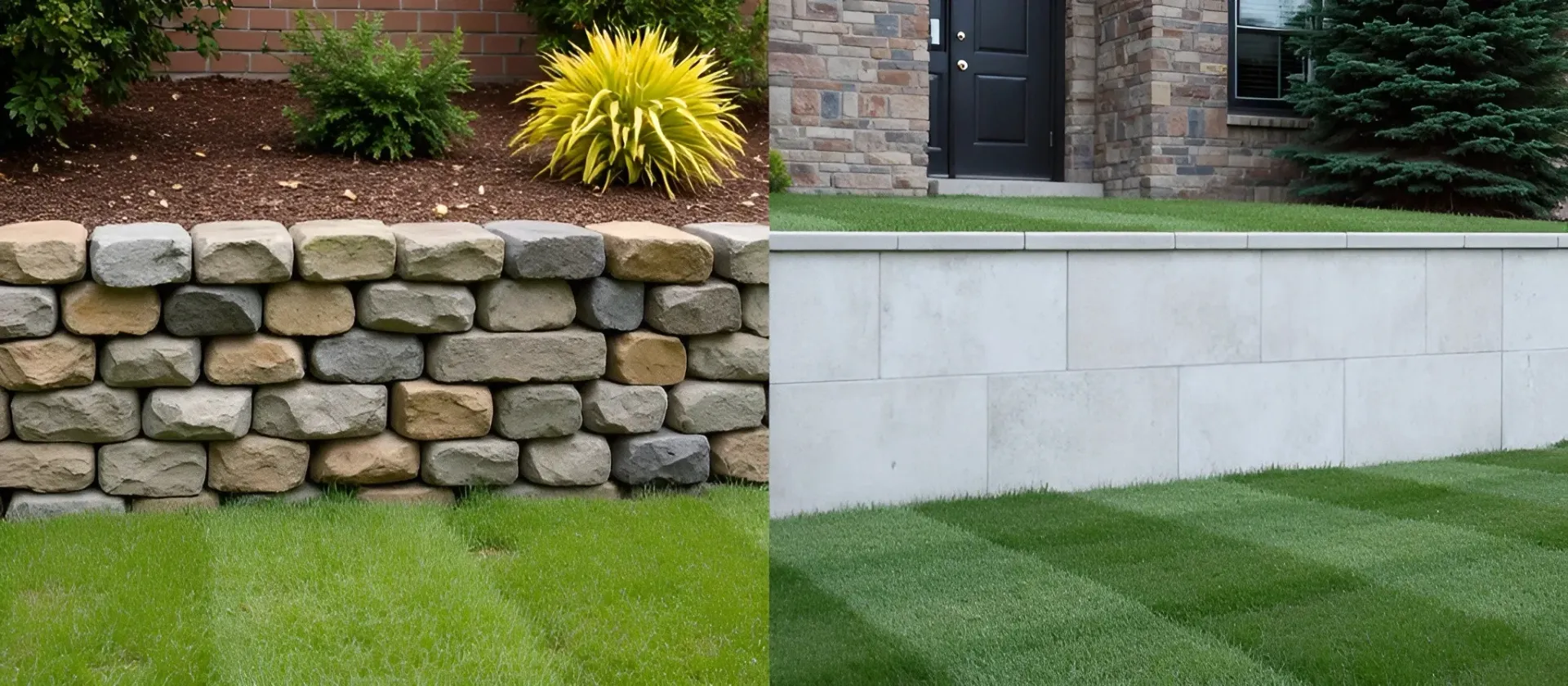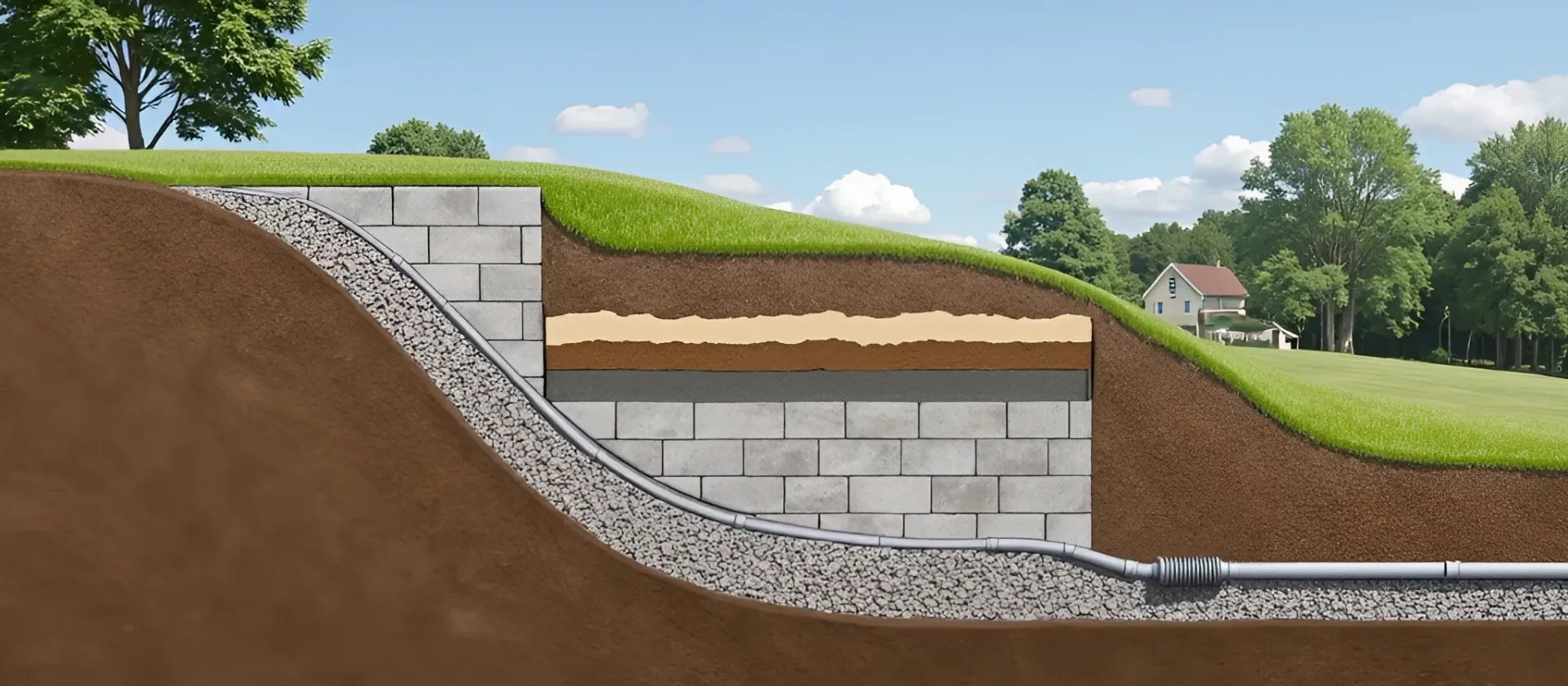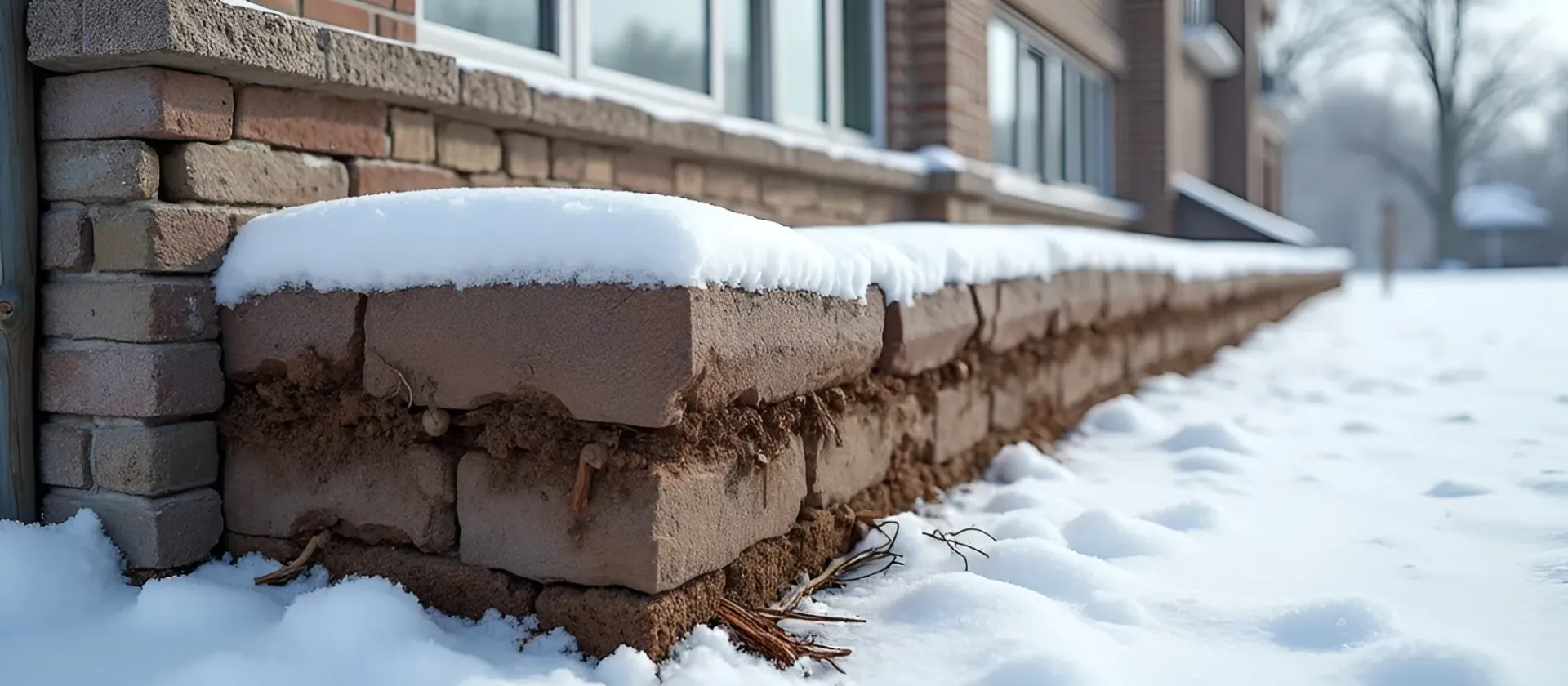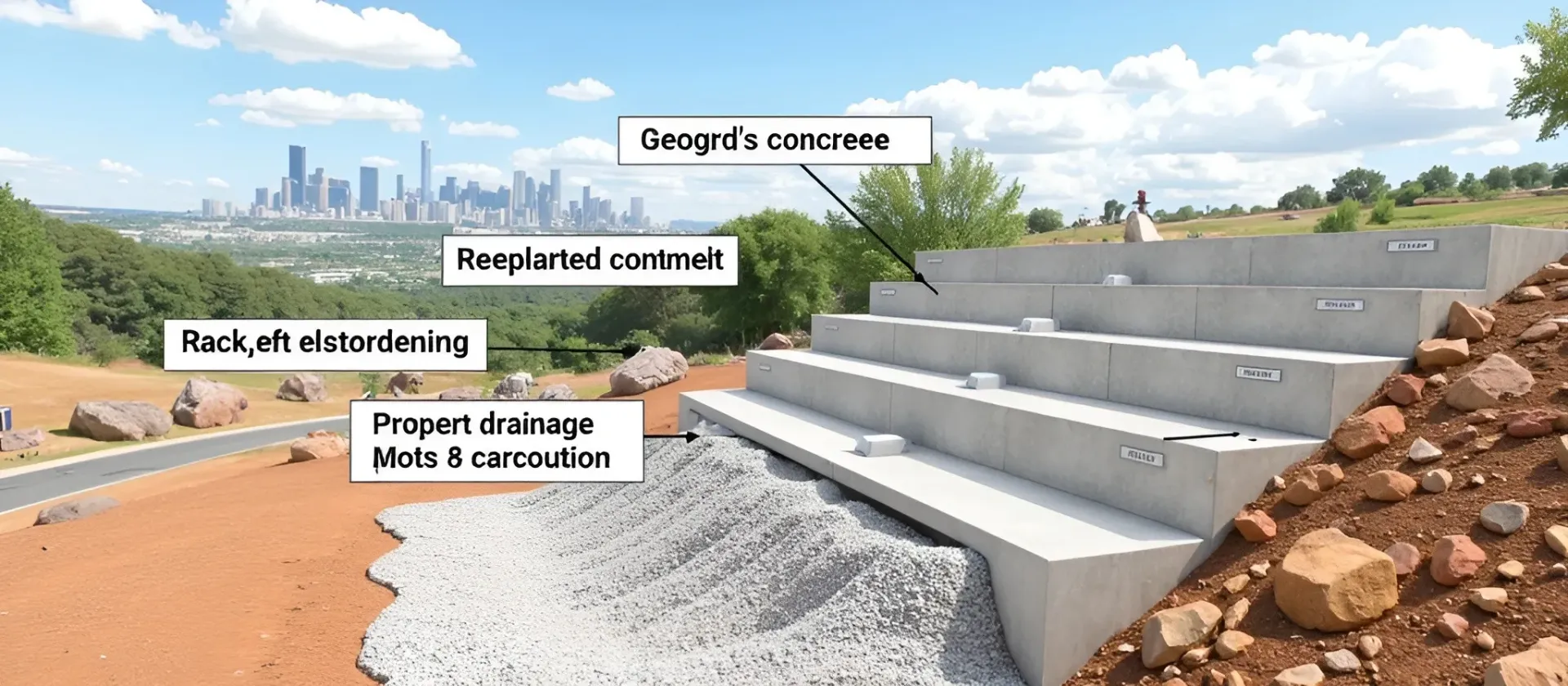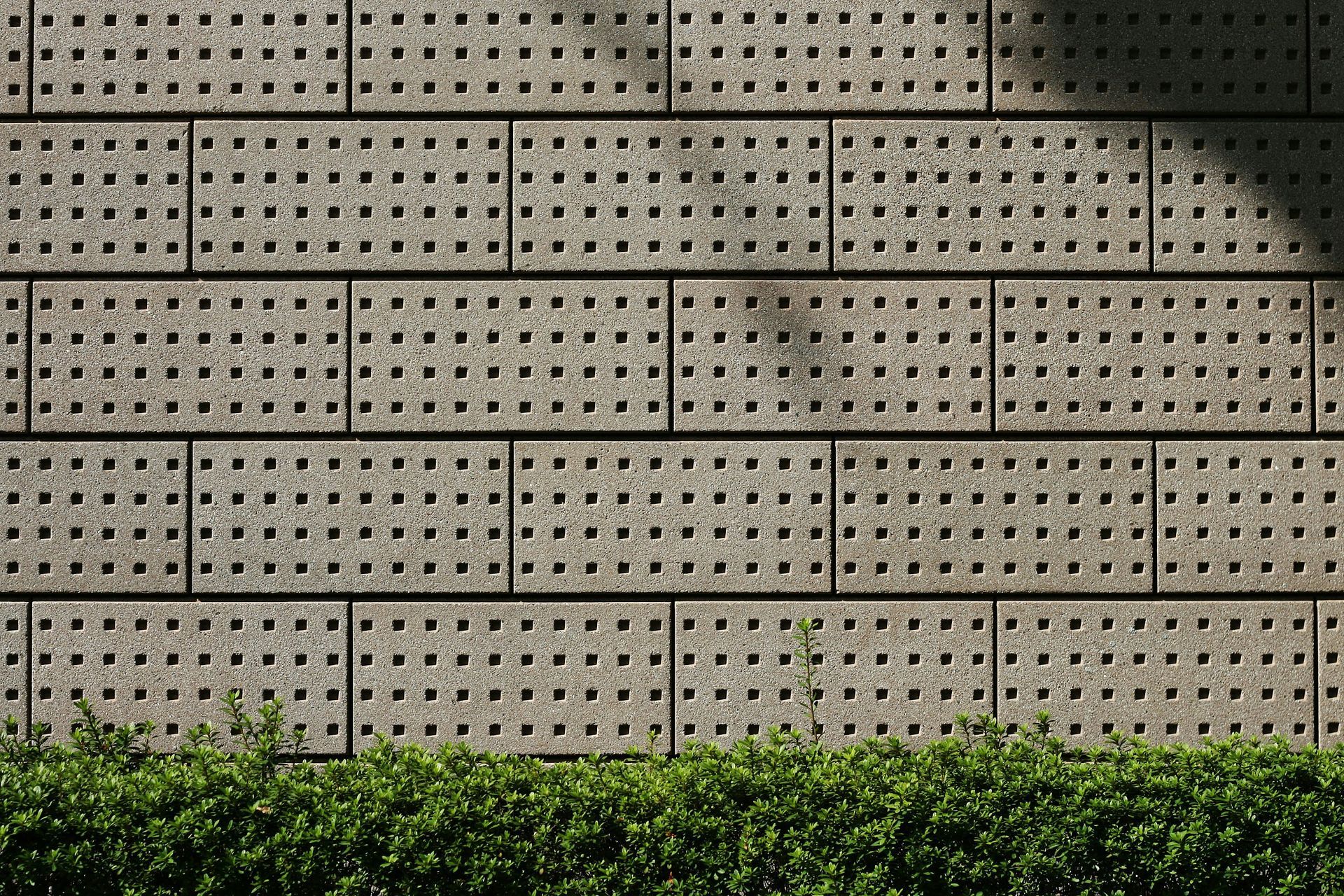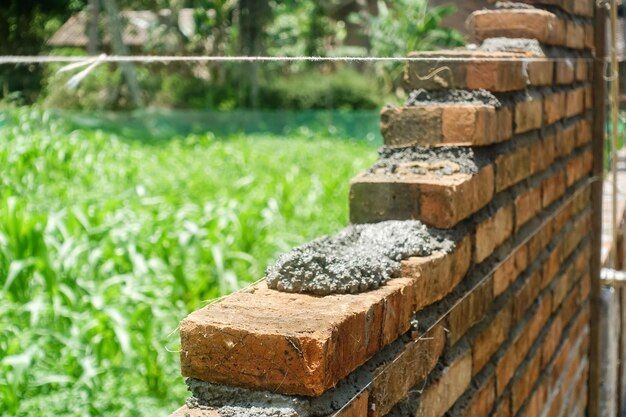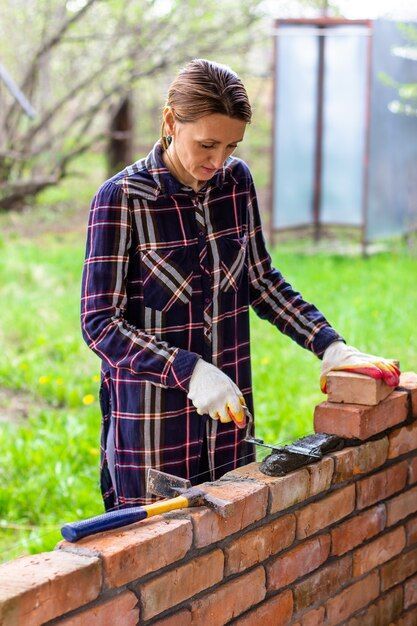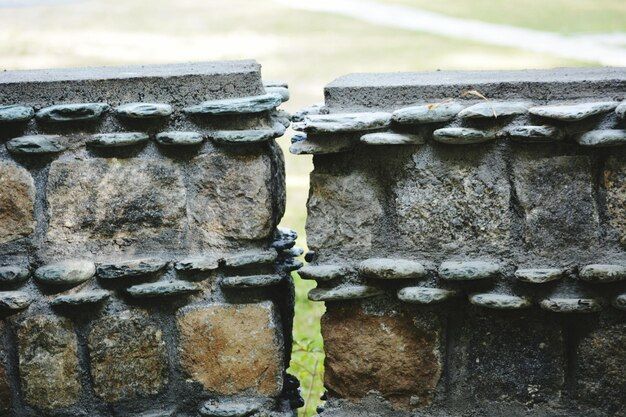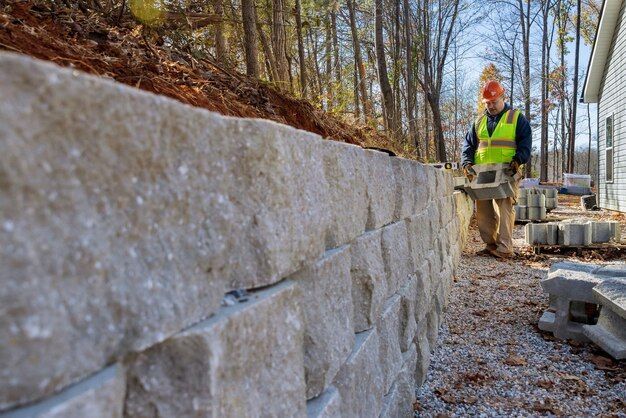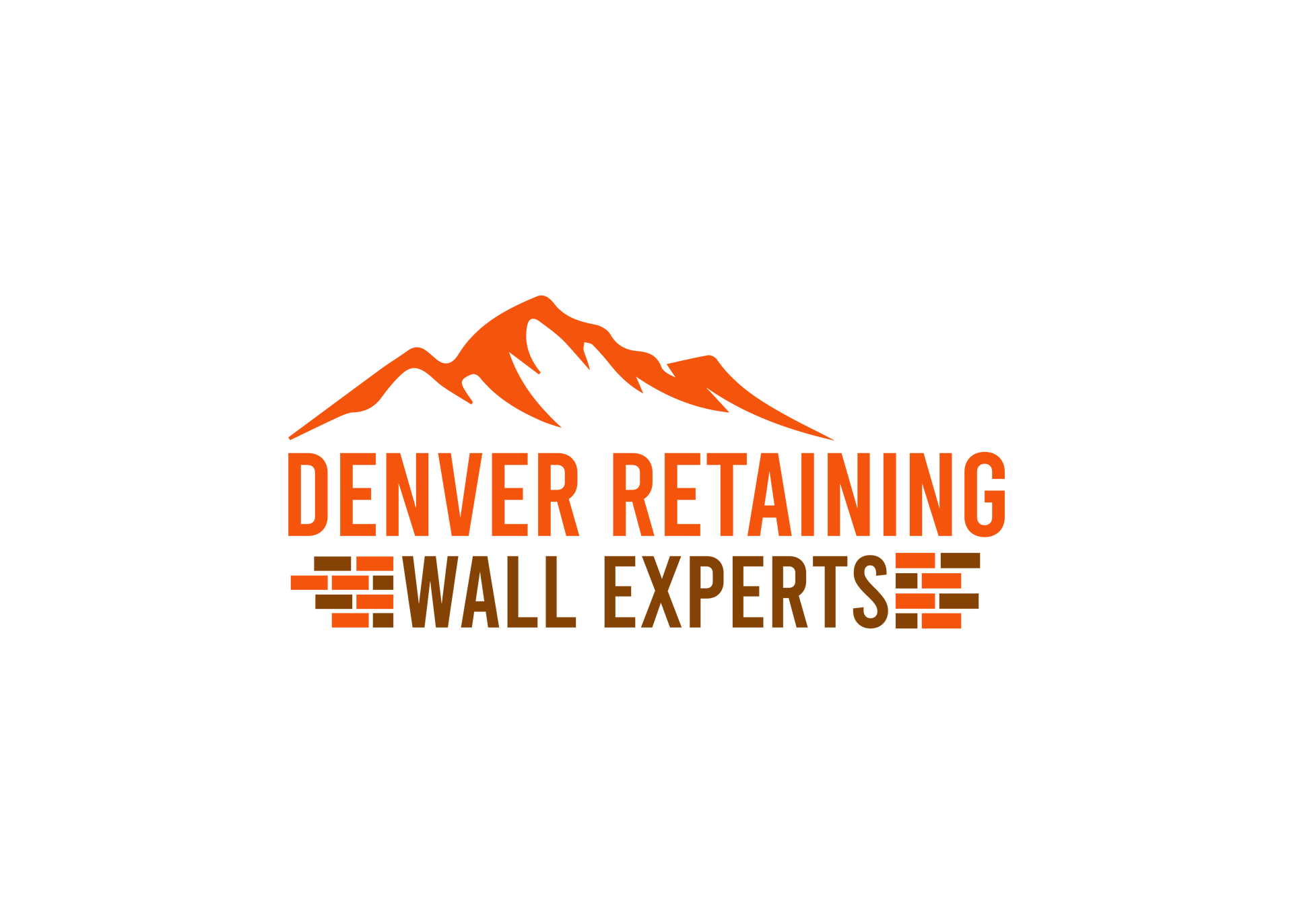Why Building a Retaining Wall is Harder Than It Looks: Insights from Denver Retaining Wall Experts
It is satisfying to watch construction workers stacking blocks while installing a retaining wall, right? It’s so satisfying that we want to install it ourselves. But the reality is we have a lot of things we do not know. Some challenges can be encountered in the installation process—which requires skills and knowledge to overcome. In our previous blog with the title “DIY vs. Professional Installation: What’s the Best Choice for Denver Retaining Walls”, We explained the possible considerations in deciding whether to DIY or hire professionals for installing a retaining wall, in general terms. In this article, Denver Retaining Wall Experts have gathered all the important details to provide you some insights about why building a retaining wall is harder than it looks. We dissected all the details needed and specific in retaining wall installation.
We think that many Denver residents become interested in DIY or building their own retaining wall because it looks simple to do. So, if you are planning to install one without a professional by your side, you should first check these details below:
Site Evaluation and Design
The first and most crucial step happens before the retaining wall installation begins—something that is out of your thoughts without prior knowledge, isn’t it? Before starting the main event, you must understand the soil composition, slope, and drainage of the site. Assessing these aspects affects the overall structure of your retaining wall in Denver. This will give you an idea of what type of wall you should build. Here are some short explanations:
Soil Type:
Denver retaining walls must withstand tremendous pressure as clay-heave soils in Denver, Colorado expand and contract with moisture. This makes the selection of the right materials and design even more crucial to withstand these opposing forces.
Drainage and Water Management:
If you don’t have proper knowledge about retaining walls, most likely you’ll neglect this. Water is one of the biggest threats that challenges the integrity not only of retaining walls but many types of structures. Denver has a variety of seasonal runoff including heavy spring snowmelt and summer rains, which make it important to have an efficient drainage system. Seek assistance from Denver retaining wall experts if you need specific information regarding this.
Choosing the Right Materials for Durability
Since we have mentioned that soil types affect the material and design, let’s dig deep a bit into this factor. There are a variety of materials you can choose from, such as concrete, natural stones, or modular blocks. Each of these has pros and cons it can offer. Here are some insights:
Concrete Retaining Walls:
This is one of the most durable available but requires precision and construction techniques. It is also versatile and can last longer.
Natural Stone Walls:
This can offer a distinct aesthetic appeal but is more labor-intensive as it is important to lay the stones in a stable and interlocking pattern. This type of wall should be able to withstand freezing and thawing conditions in Denver to avoid structural failure.
Modular Block Walls:
A cost-effective and easy-to-install option, but still require proper base preparation, drainage systems, and geogrid reinforcement in some cases to handle the weight of the soil behind them.
Complexities of Construction
Here is where the fun begins, and where you expect to start. It may look like playing Minecraft in real life but the process is no walk in the park. One small mistake can have a huge impact that can lead to catastrophic failure down the line.
Foundation and Base Preparation:
It is important to always ensure a solid foundation of any retaining walls by compacting and leveling. A strong and well-designed structure is nothing without the proper foundation.
Backfilling and Compaction:
Installing a retaining wall in Denver requires extensive compaction. After the construction is done, the space behind the wall needs to be backfilled for proper drainage. Proper compaction reduces the risk of the wall shifting or collapsing.
Reinforcement:
The retaining walls in Denver need extra support and reinforcement. As the wall goes higher, the reinforcement becomes more critical. This usually includes rebar or geogrid to put more strength and to distribute the load more evenly.
Weather and Climate Consideration
Freeze-thaw cycles are one of the most significant concerns for your Denver retaining wall. You have to ensure that water won’t penetrate into its small cracks and pores and then freeze, and expand, causing the wall to break apart. That’s why regular sealing, and drainage systems are effective protectors of your wall.
Also, sun and Heat exposure can be a problem as Denver’s high altitude means that UV exposure is more intense, which can weaken the wall material in the long run, particularly for certain modular block walls.
Key Takeaways
As a matter of fact, these factors are just the tip of the iceberg. The bottom line is that building a retaining wall in Denver is far more difficult than it looks like. That is why professionals exist because the task requires significant skills and techniques. In an expert opinion, it is best to not put the quality of your retaining wall on the line just to feel a sense of accomplishment and to save the professional fee. It will just end up stressing you and costing more than what you save due to repair and replacement. If you need the best retaining wall installation, repair, and replacement, send us a message today. With Denver Retaining Wall Experts, your wall doesn’t just retain, it stands out!
